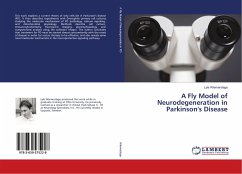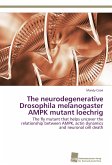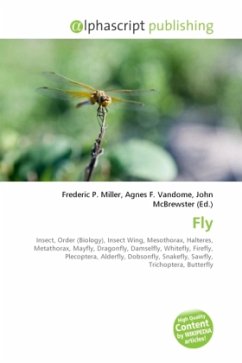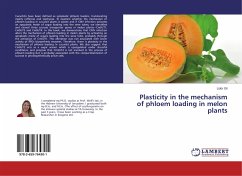The undertaken project consists of the field and lab experiments which were carried out to investigate the biophysical and biochemical basis of resistance in the fruits of bitter-gourd plant. The field experiments included screening of 13 genotypes of bitter-gourd and tolerance studies. The laboratory experiments included the determination of biophysical and biochemical fruit traits which induce antixenosis and antibiosis in bitter-gourd against melon fruit fly. The fruit-length, fruit diameter, number of ridges/cm2, depth of ribs, pericarp thickness and fruit toughness were found to be most important biophysical fruit traits, which contributed antixenosis in bitter-gourd against melon fruit-fly. Similarly, quantity of ascorbic-acid, chlorophyll (chlorophyll a', b' and total chlorophyll), reducing sugars, total sugars, non reducing sugars, nitrogen, protein, phosphorus, potassium, tannin, flavonol, phenols, ash and silica played paramount role in inducing biochemical based antixenosis and antibiosis. The findings of endeavour persuade for the utilization of identified sources of resistance in crop breeding program of bitter-gourd against melon fruit fly.
Bitte wählen Sie Ihr Anliegen aus.
Rechnungen
Retourenschein anfordern
Bestellstatus
Storno

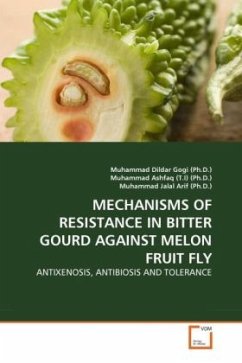
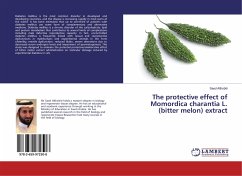
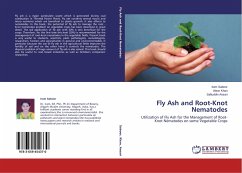
![MELON FLY, Bactrocera cucurbitae (Coquillett) [DIPTERA : TEPHRITIDAE] MELON FLY, Bactrocera cucurbitae (Coquillett) [DIPTERA : TEPHRITIDAE]](https://bilder.buecher.de/produkte/32/32586/32586615n.jpg)
